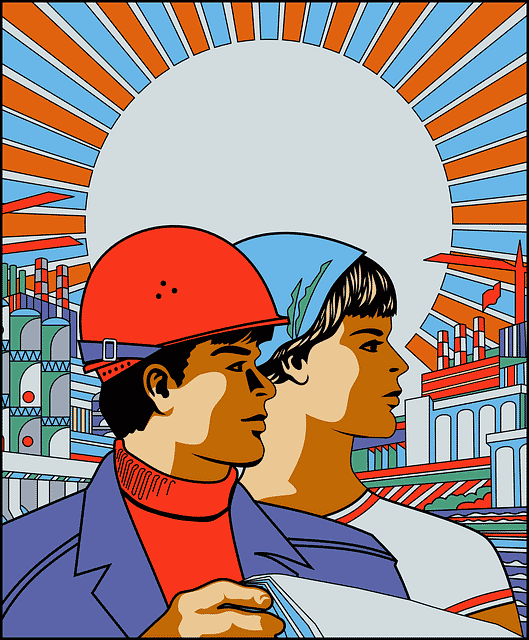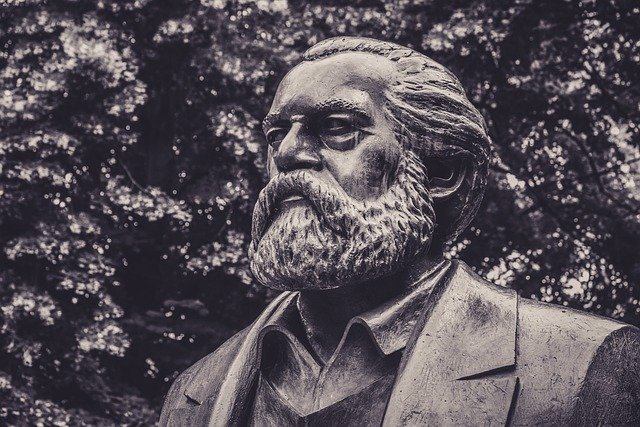
The workers constitute the proletariat.
The etymological origin of the term that concerns us now is found in Latin. Specifically, it is established that proletariat comes from "proletarius", which can be translated as "what belongs to the children."
The social class made up of proletarians is known as the proletariat . The proletarians are the workers , those manual workers who receive remuneration for their work .
For example: "I want to become president to defend the interests of the proletariat," "An American sociologist surprised the academic world with a controversial essay about the current situation of the proletariat," "No matter who governs, the proletariat will always be discriminated against."
The proletariat as a social class
In the capitalist system , the proletariat is the lowest social class. These workers do not have the means of production , so they are forced to sell their labor power to the bourgeoisie. In other words, the proletariat is an employee of the bourgeois who, as an employer, pays him a salary for his work.
Karl Marx coined this notion of proletariat to oppose the working class to the bourgeois class. The term, however, had its origins in Ancient Rome . There, proletarians were the lowest social class citizens and did not own any property. The State only considered these people to generate proles (its children), who became part of the armies of the empire .

According to Karl Marx, the proletariat must develop its class consciousness to promote a revolution and thus end its subordination.
The industrial revolution
In the 19th century, with the arrival of the Industrial Revolution, there was an important boost to the proletarians, who took a greater role in society because their labor was essential for companies to stay afloat.
This caused the proletariat to find itself exploited, in order to obtain the greatest number of benefits for the businessman. Hence, that group of workers was identified by having the following identity signs:
• They lived in the cities and many of them had left their homes in the countryside and their agricultural or livestock jobs to become part of the industries.
• They were subjected to terrible working conditions, both in terms of hygiene and hard and long working hours. All without forgetting the job insecurity they had at all times.
• They were alienated and their hopelessness caused many of them to not only get sick but also try to drown their sorrows in alcohol.
Proletariat and bourgeoisie, with opposing interests
In addition to all this, we must know that at that time the proletariat was made up of qualified workers, other employees who had neither experience nor qualifications, as well as women and children. These two types of citizens were the ones who had the worst working conditions, hence they were placed as the lowest rung within the proletariat.
For Marxism , proletarians and bourgeois have antagonistic interests. The proletariat always wants salaries to rise, while the bourgeois want them to remain as low as possible to maximize their profits.
Marx maintained that the only possible way for the proletariat to cut subordination to the bourgeoisie is to become aware of its situation to achieve revolution and eradicate capitalist domination.
